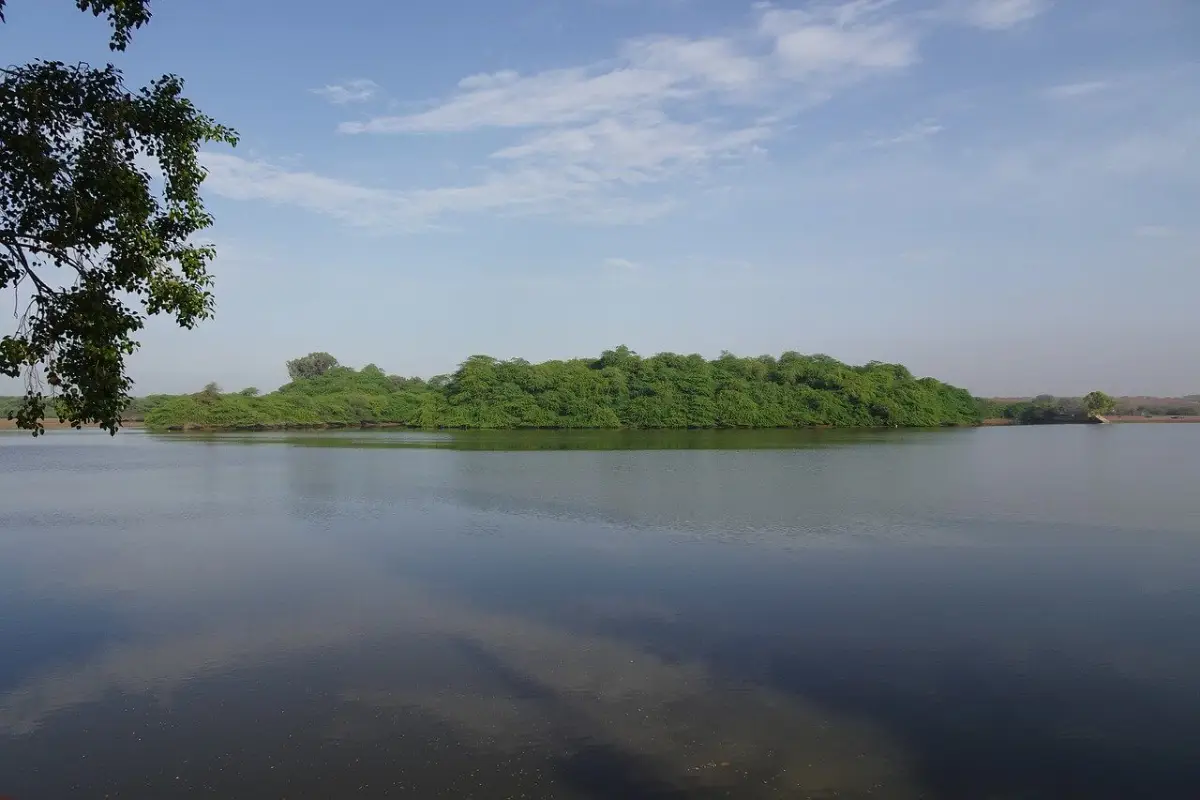
TN Has The Most Number Of Ramsar Sites
CHENNAI, (IANS) – Tamil Nadu has become the state with highest number of Ramsar sites after the Union Ministry of Environment and Forests and the Ramsar sites secretariat accepted the state’s proposal on two environmental sites and designated them as Ramsar sites.
The officials said that the Environment, Climate Change and Forests department has taken up the task of preparing integrated management plans for Ramsar sites, in collaboration with the Wildlife Institute of India.
It said that the number of Ramsar sites in Tamil Nadu is 16, which is the highest in the country. A Ramsar site is a wetland site designated to be of international importance under the Ramsar Convention, also known as “The Convention on Wetlands”, an international environmental treaty signed on 2 February 1971 in Ramsar, Iran, under the auspices of UNESCO.
Tamil Nadu government had submitted proposals for the Longwood Shola Reserve Forest in The Nilgiris and the Karaivetti Bird Sanctuary in Ariyalur. The Union Ministry of Environment and Forests and the Ramsar Sites Secretariat accepted them, and both places were designated as Ramsar sites on January 31.
The Longwood Shola covers 116.07 hectares and is among the places deemed Important Bird and Biodiversity Areas. It is also home to more than 700 species of flora and fauna. At least 177 bird species have been identified in the Longwood Shola and of these 177 bird species, 14 are endemic to the Western Ghats.
The Longwood Shola is rich in herpetofauna diversity, with several species endemic to the Western Ghats, and is also considered by the International Union for Conservation of Nature to be threatened.
It is also an integral part of the fragile Nilgiris ecosystem and is a major water source for Kotagiri, supplying water to 18 villages downstream.
The Karaivetti Bird Sanctuary covers 453.7 hectares and is also one of the Important Bird and Biodiversity Areas of Tamil Nadu.
The site is home to more than 500 species of flora and fauna. The sanctuary lies in the Central Asian Flyway and is an important breeding and foraging ground for waterbirds.




